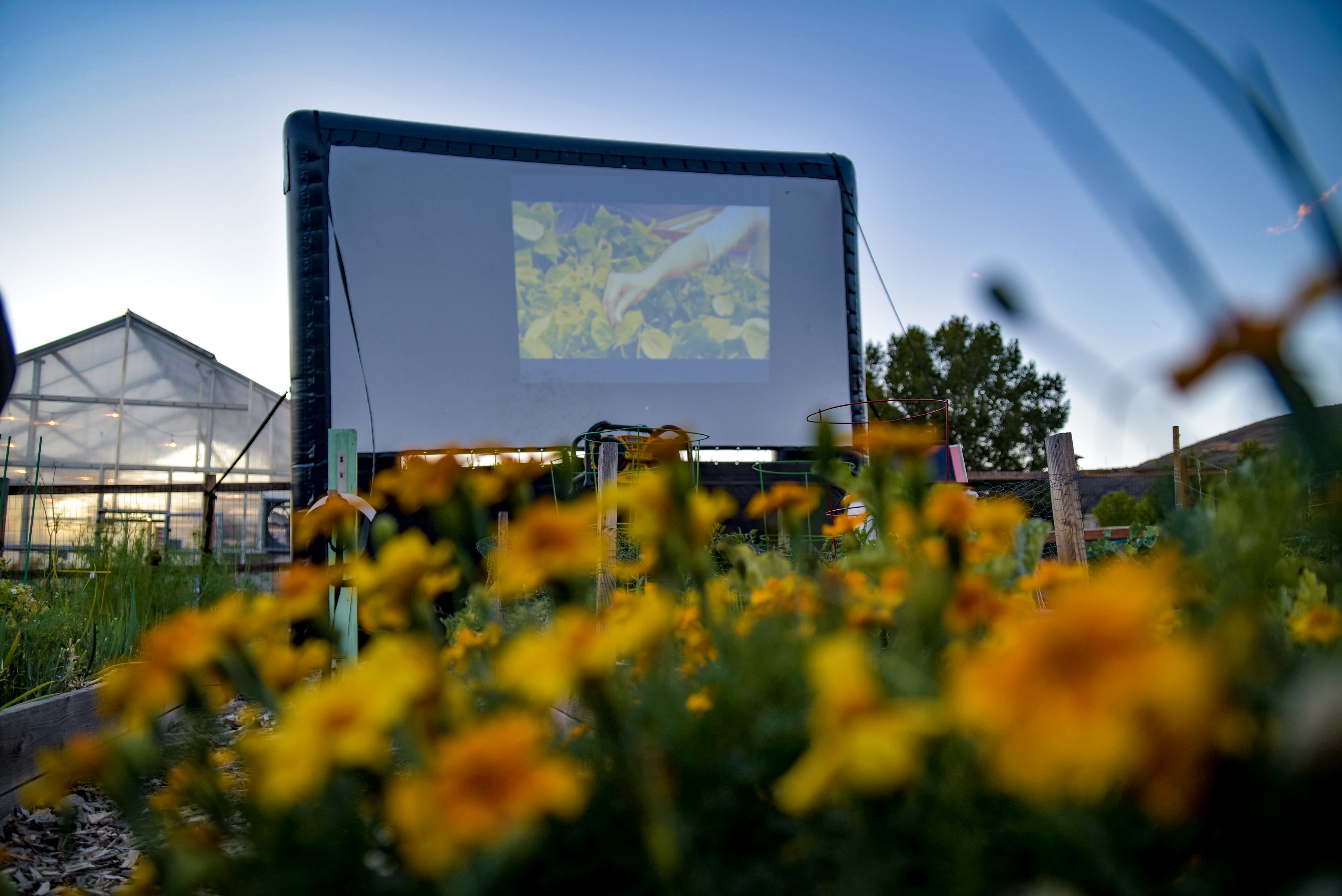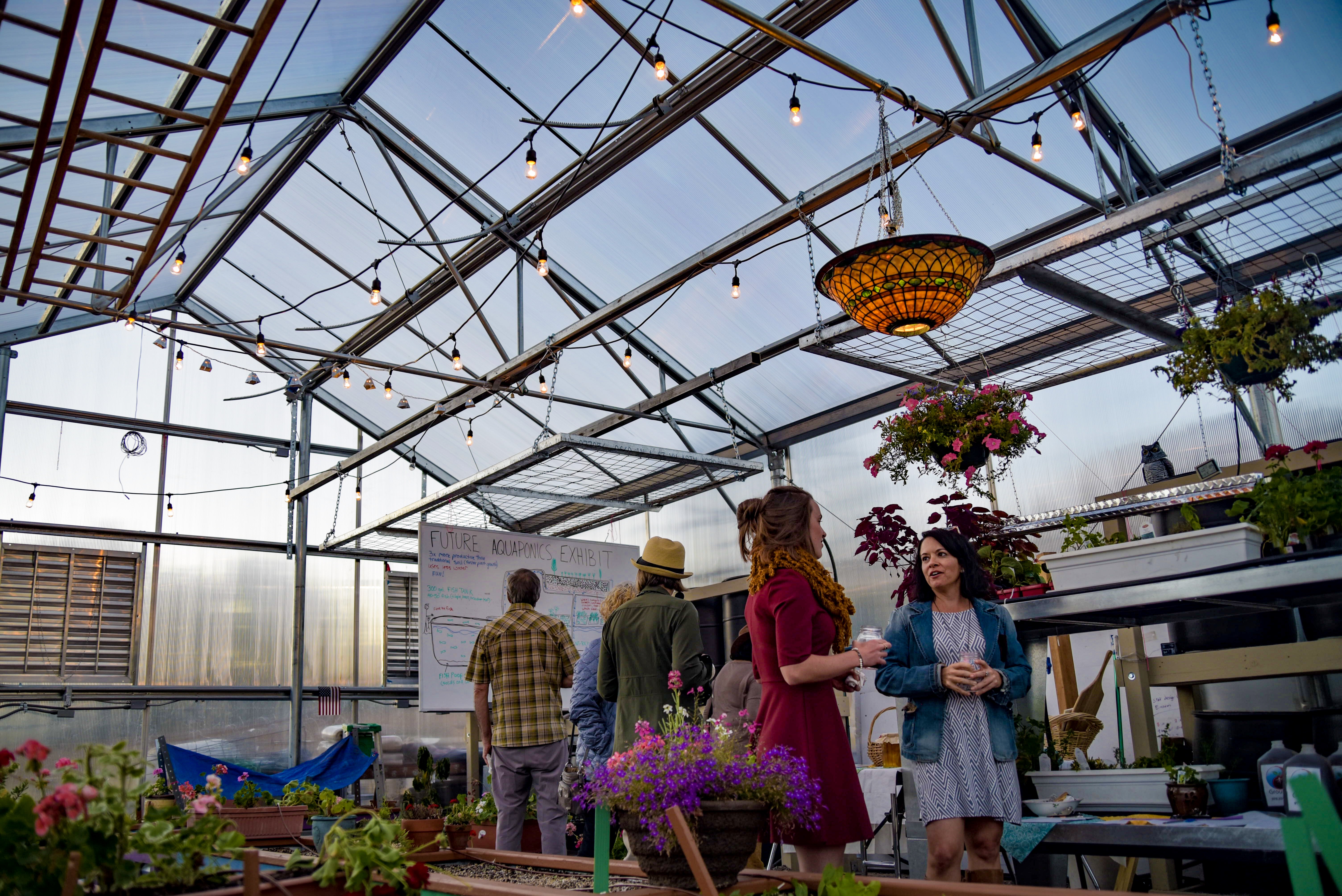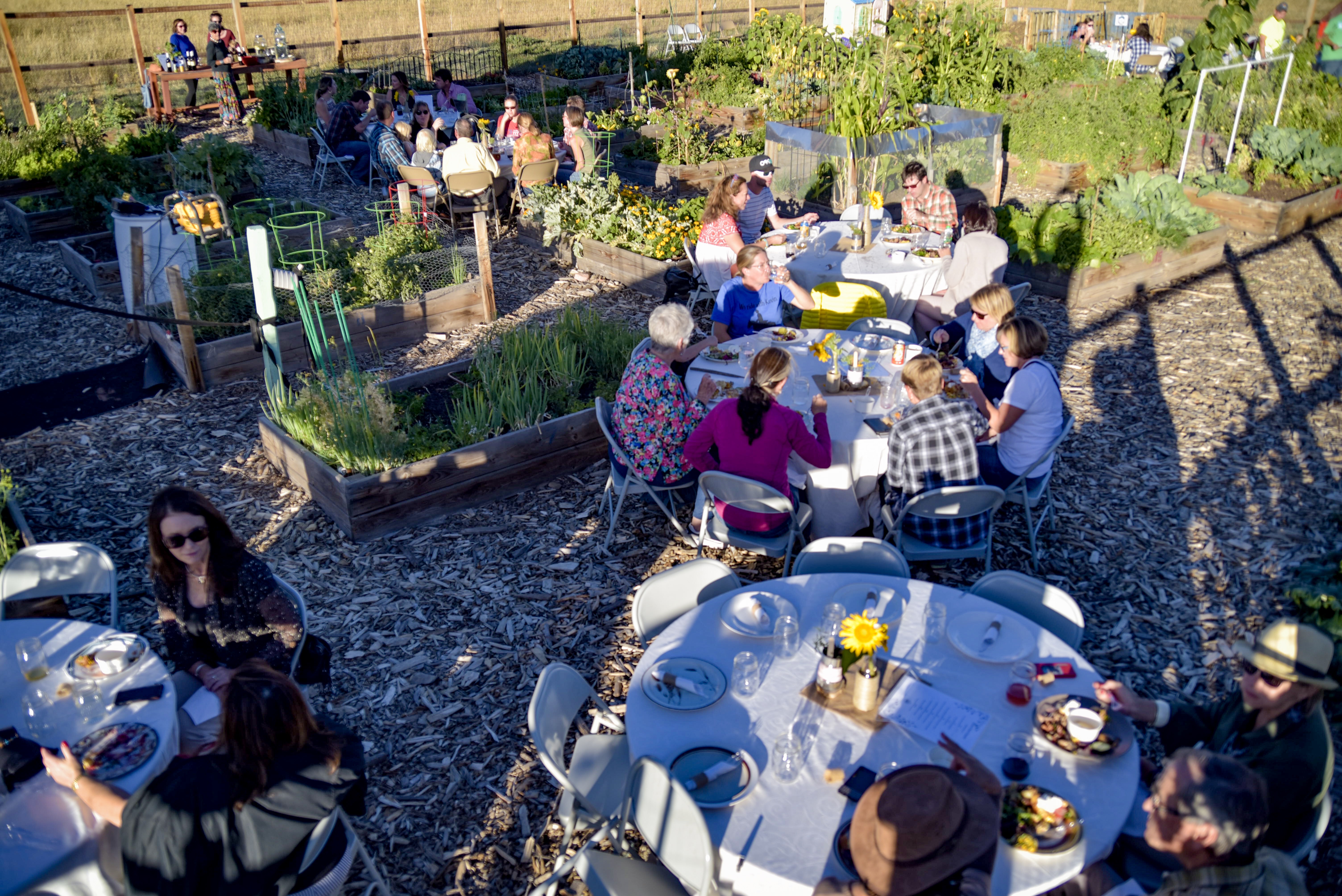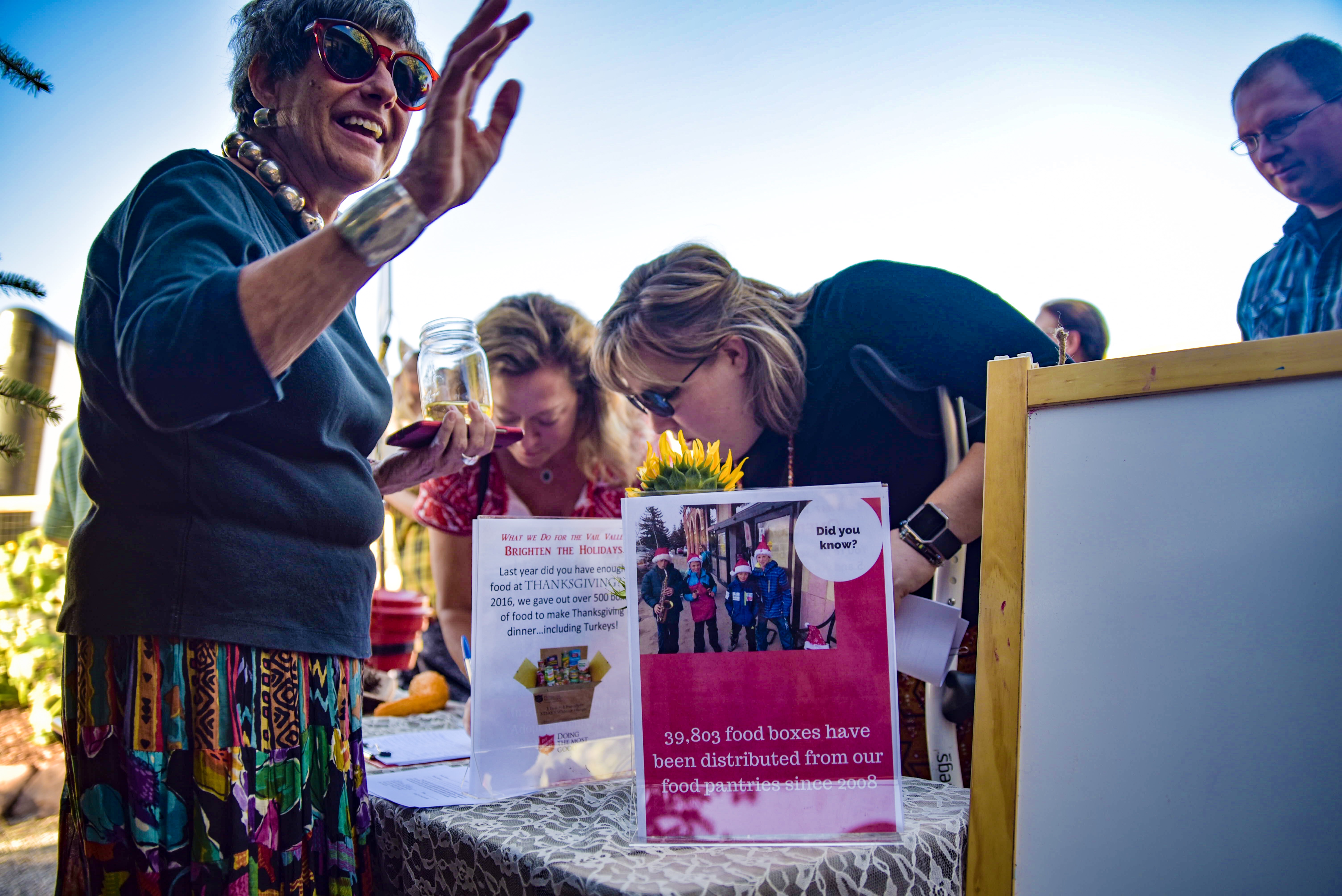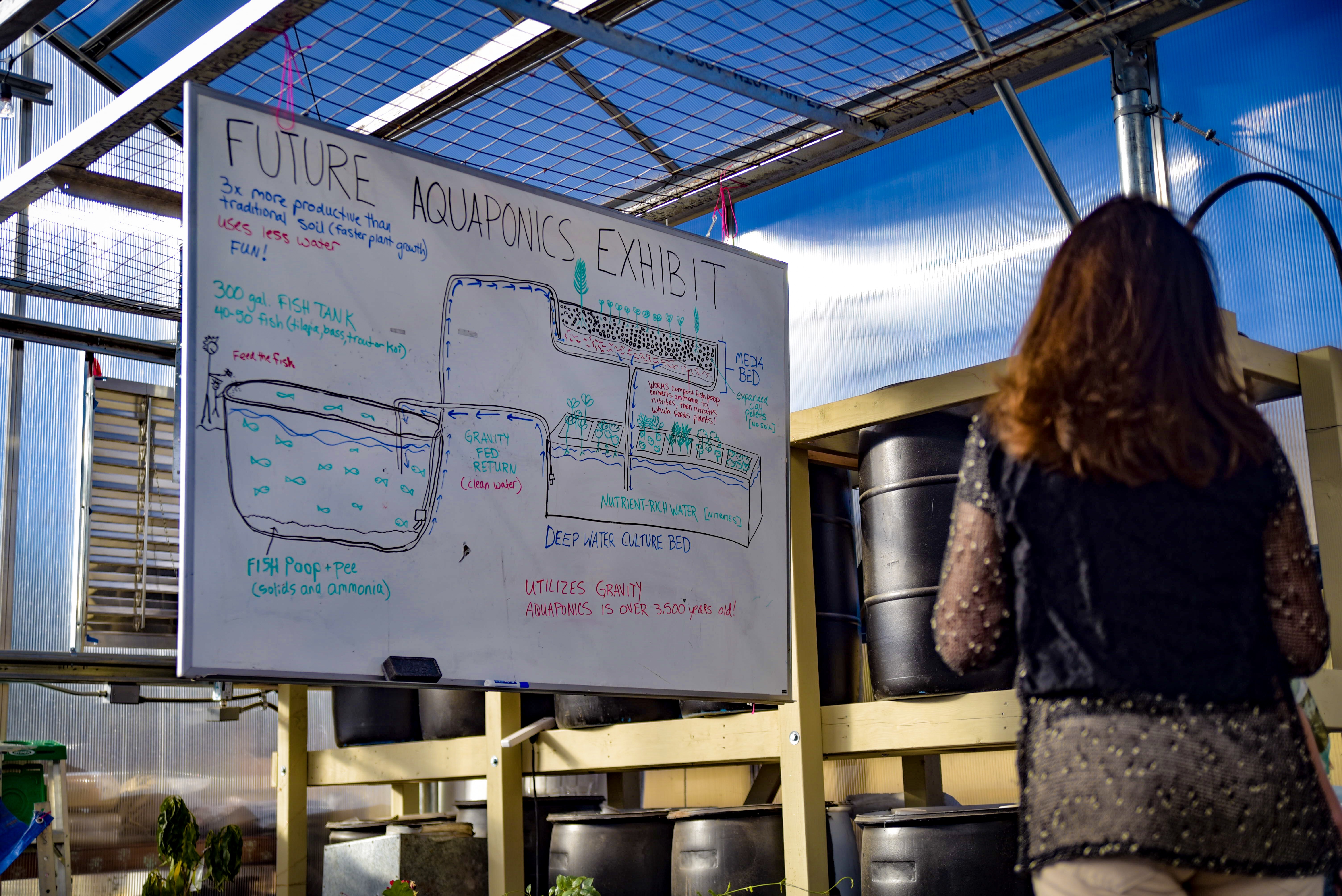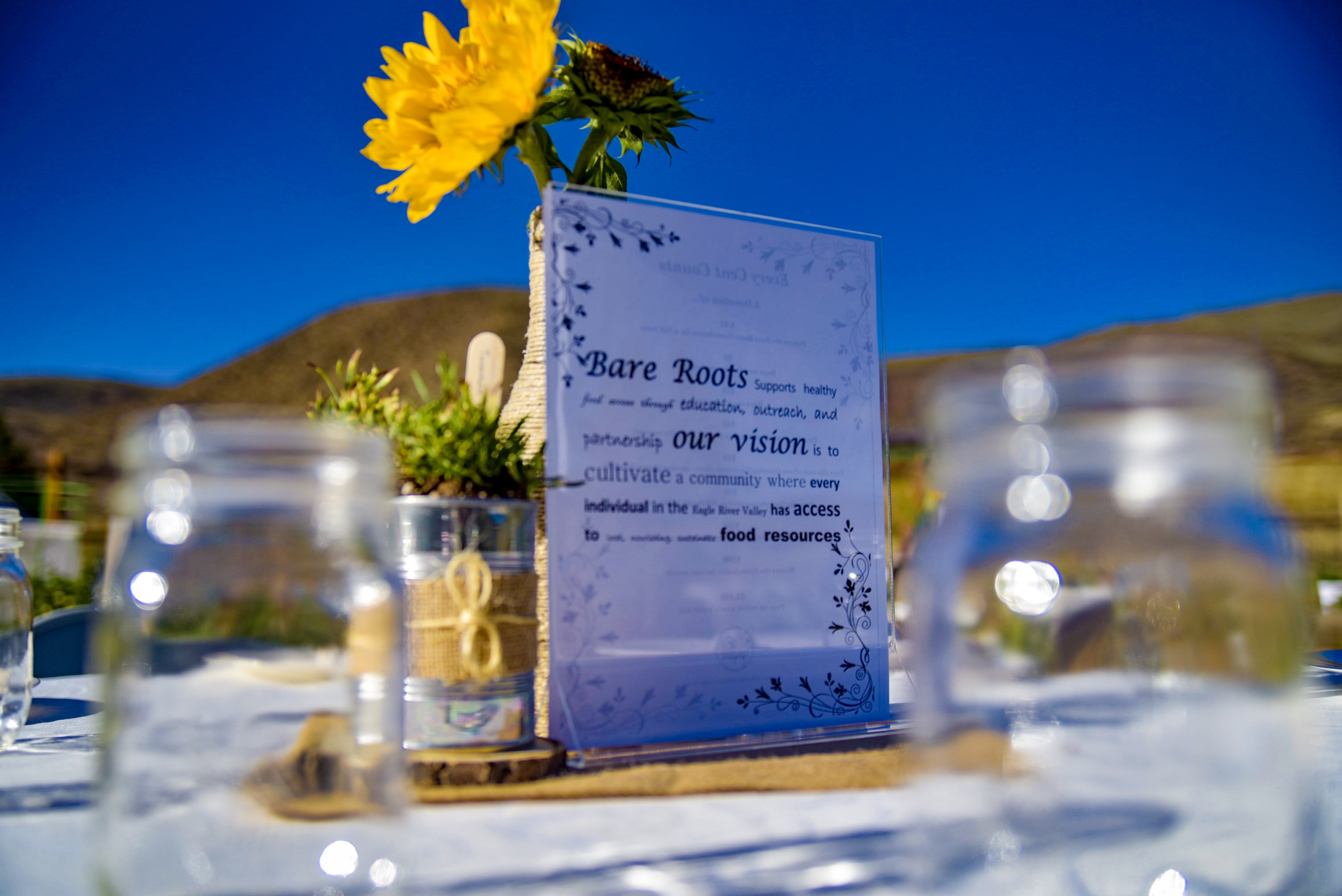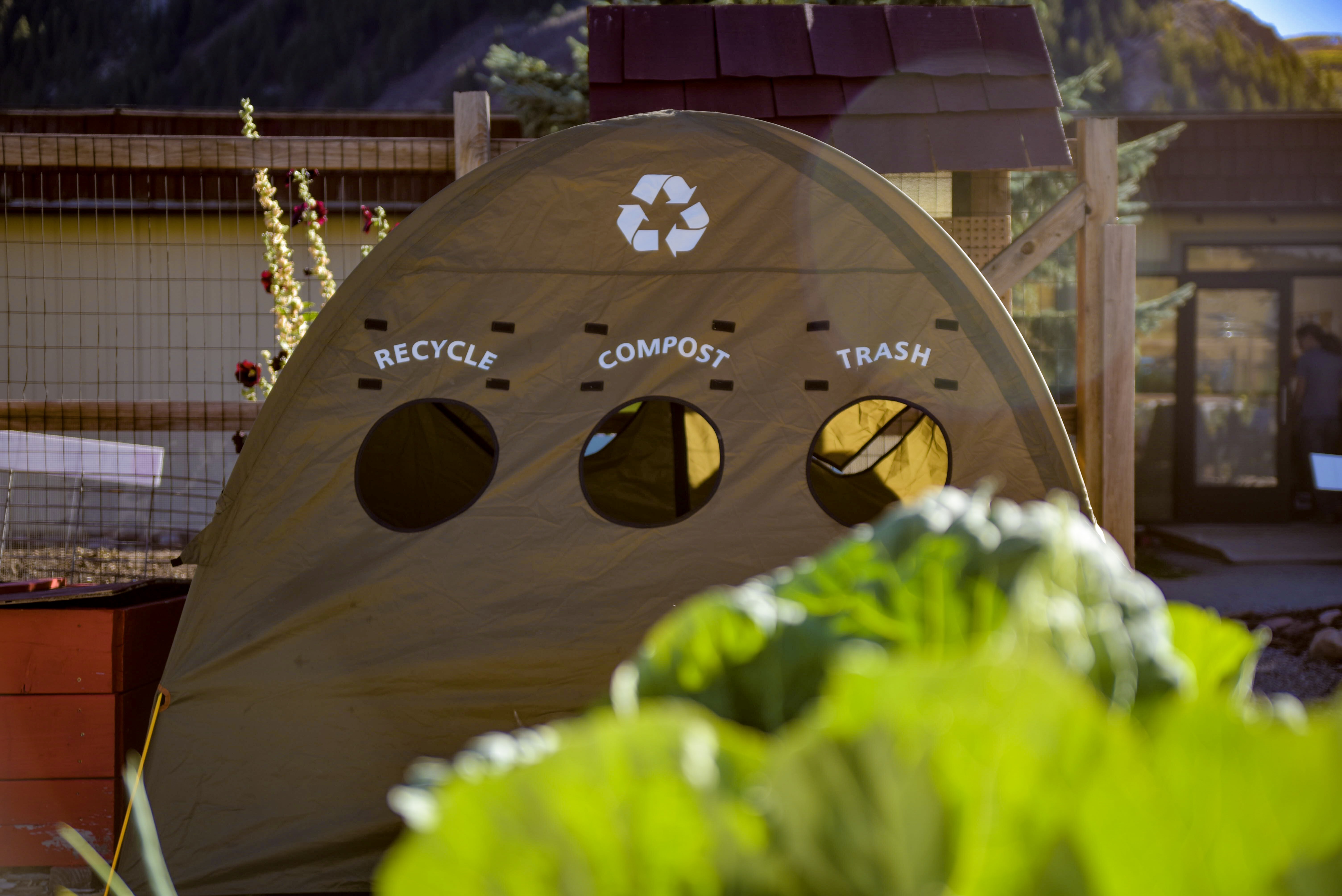Imagine you’re living 15,000 years ago. Food is scarce and each day is filled with uncertainty. Besides a couple of places to hunt or gather wild foods, there is no reliable store of food for you or your family. Will the surrounding environment be plentiful or desolate in the coming years? Will you have enough food for yourself and your loved ones? How can you be sure you will have a secure food supply?
When people began thinking about growing plants and sowing seeds, they found the key to a more secure and certain future. Through the simple act of saving seeds, people began to recognize a quintessential human ability, to sacrifice time and hard work now, to better ensure the survival of themselves and their loved ones.
The act of saving seeds is a sustainable, cheap, and fun way to continuously grow your favorite produce year after year. It has been the traditional way farms and gardens have been maintained for 12,000 years. Seed saving plays a huge role in each of our lives, by dictating what we will eat in the coming years. It is the fundamental practice shaping our diet and food. By selecting for certain traits like size, flavor, nutrient density and more, our ancestors bred our favorite produce into existence.
Bare Roots endorses and practices seed saving because it has many benefits and it aligns with our mission to provide healthy, sustainable food to the Eagle River Valley. By investing a little bit of time and energy saving seeds, we ensure that healthy, sustainable food is being provided to our community much like our ancestors.
Seed saving is the act of collecting and storing seeds grown in one’s farm or garden. Growers of all kinds from large-scale factory farms to community gardeners collect and store seeds in different ways and for countless reasons. Saving seeds instills self-reliance, saves money, brings us closer to nature, preserves genetic diversity, fosters a relationship with our food, builds community and much more. Our ancestors relied on their saved seeds for many things including a backup supply in case a crop failed and for community building. Saved seeds led to surplus food and seed, which could be used for trading and sharing.
Today, people continue the tradition of trading and sharing seeds via seed swaps, seed grants and seed exchanges. Trading and sharing are great ways to acquire healthy, hardy seed varieties and connect with other growers. Last Fall Bare Roots received seeds from a community seed grant program facilitated by a non profit seed conservation organization known as the Native Seeds/SEARCH. The mission Native Seed/SEARCH is to find, protect, and preserve the seeds of the people of the Greater Southwest so that these arid adapted crops may benefit all peoples and nourish a changing world. Native Seeds/SEARCH accomplishes its mission via saving seeds in a seed bank, offering workshops and even giving seeds to eligible community oriented organizations.
Using seeds provided by Native Seed/SEARCH, Bare Roots has grown and harvested carrots, beats, lettuce, Swiss chard, kale and snap peas. Our volunteers have noted the exceptional quality of the exchanged seeds. The germination rate (the ratio of seeds that grow into a plant versus all seeds planted) of these native seeds has been the highest we have ever seen in our garden plots. The produce grew healthily and was donated to Vail Valley Salvation Army’s “Produce for Pantries” program to feed Eagle River Valley families. The snap peas were allowed to flower, fruit and seed so we could then save its seed to be shared and grown the following Spring. In doing this, we save money on seeds for next year and are preserving a native variety that is better adapted for our region.
Today, many farmers buy their seeds from seed suppliers, which comes at a cost to the diversity of food grown. Small-scale farmers and gardeners like those at Bare Roots can more easily save their seeds and keep an ample supply of their favorite produce and heirloom varieties. Saving seeds is the only way to preserve these rarer, often tastier, produce.
When we save seeds, we also choose the plants most suitable to reproduce based on the surrounding environment. In our high alpine Colorado climate it is important to select plants that are hardy, drought-tolerant and quick growers, or else the plant will never thrive. Seeds bought or collected outside of your specific climate zone may not be adapted and produce less or even die before fruiting. By selecting seed from the healthiest and tastiest plants grown on-site we ensure our next crop of plants will be tasty, hardy and worthy of growing.
To save seeds takes planning and patience, but there plenty of resources out there to help get started. Native Seed/SEARCH, The Seed Saver’s Exchange, CSU Extension and plenty of other bloggers, extensions and websites provide detailed explanations on how to select, harvest and store seeds. It is usually easiest for beginners to start with open-pollinated crops like tomatoes, peas and lettuce and keep each variety a bit separate from the rest to keep each variety true-to-type. If different varieties are too close, they may cross pollinate and lose their distinct genetic makeup. Seeds from wet fruits and vegetables are not always mature and ready for collection when the fruit is ready to eat. This means leaving a few fruits without harvesting to fully mature if you wish to save their seeds. The seeds from dry fruiting crops, however, can be collected once seeds seeds are dry and hard. There are varied ways to store seeds depending on the need, but the basics rules are always the same. Stored seeds last longest in cool, dark and dry locations. Most seeds can be stored for one year without much loss to germination rates, but with proper drying, storing, and refrigerating/freezing, stored seed may last up to ten years or longer.
In times when our food supply is steady and reliable it may not seem necessary to store seeds as a food reserve, but there are plenty of important reasons to do it. Saving Seeds is one of the most effective ways to get in touch with food and community, and anyone can do it. This invaluable skill handed down from our ancestors instills self-reliance and discipline in those who practice it. Bare Roots honors this timeless tradition and encourages everyone to try their hand at it. Get started this summer and grow food and community!
Evan “Lanny” Ellis
Colorado Master Gardener, Permaculture Designer
Resources:
http://www.nativeseeds.org/about-us/our-story
https://www.seedsavers.org/how-to-save-seeds
http://extension.colostate.edu/topic-areas/yard-garden/saving-seed-7-602/
The Complete Idiot’s Guide to Seed Saving And Starting By Sheri Richerson
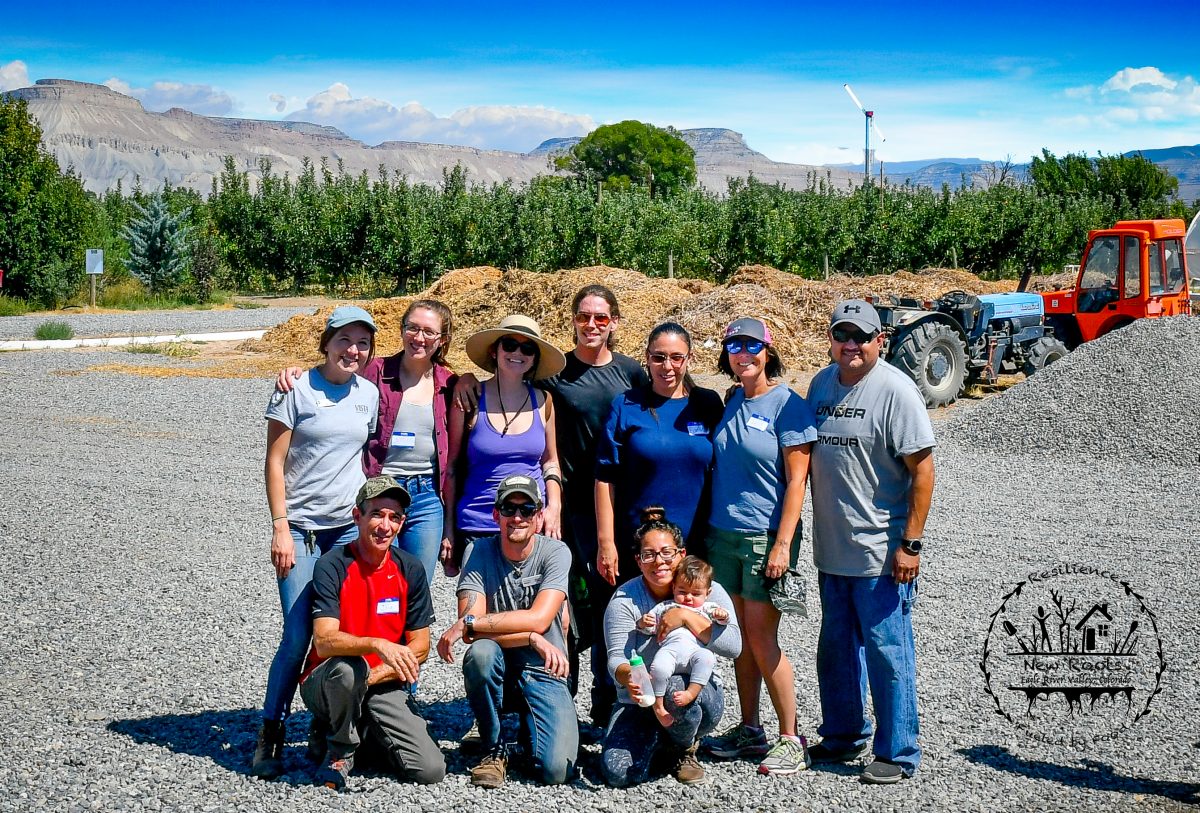
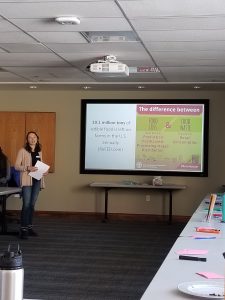
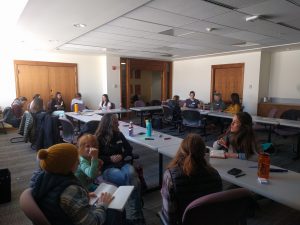
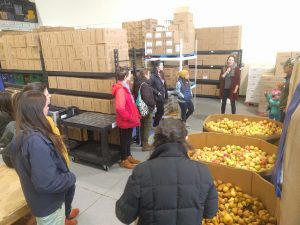
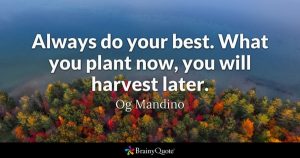
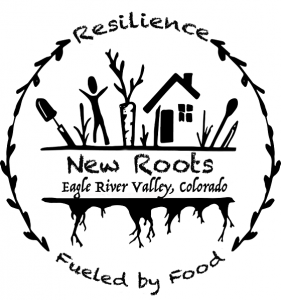


 Bare Roots steering committee member and master gardener, Lanny Ellis, wanted to start small. He and a group of volunteers planted the guild along the fence line of the community garden on top of a berm, built with the intent to help build productive soil. The group completed the guild on November 5th. Within a year’s time, the plan is to expand with another guild planted into the field site on the east side of the community garden. This initial guild is made up of:
Bare Roots steering committee member and master gardener, Lanny Ellis, wanted to start small. He and a group of volunteers planted the guild along the fence line of the community garden on top of a berm, built with the intent to help build productive soil. The group completed the guild on November 5th. Within a year’s time, the plan is to expand with another guild planted into the field site on the east side of the community garden. This initial guild is made up of:




